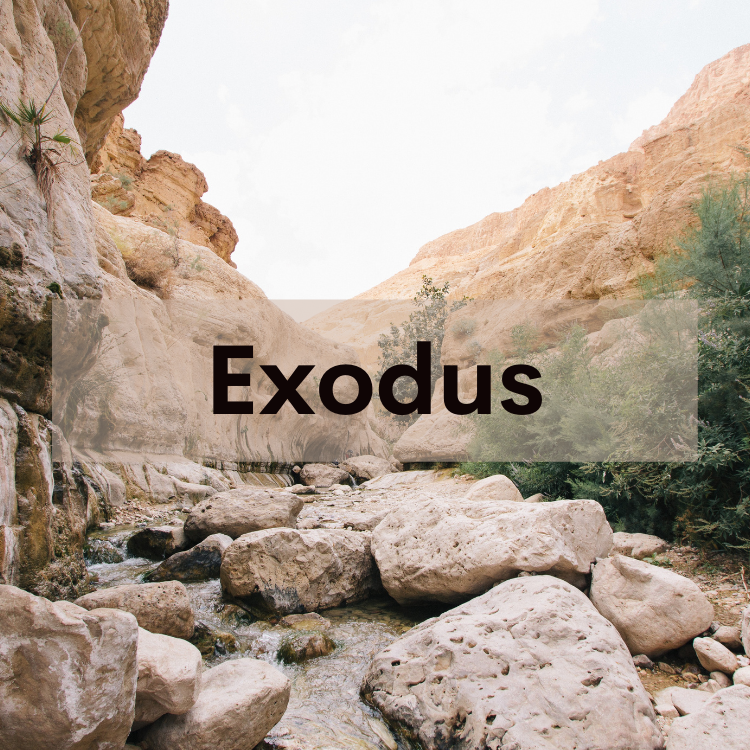Introduction to the Series; Slaves in Egypt (Exodus 1)
We begin this new series on the Exodus journey by reviewing the reasons why this material is so important for Christians today. Jesus and the apostles drew critical lessons for Christians from these Scriptures. They include significant prophecies about the coming of Jesus, and foreshadowings of almost every element of the church and Christian life.
Introduction to the Series; Slaves in Egypt (Exodus 1) View Lesson
Introduction to the Series; Slaves in Egypt (Exodus 1) View Lesson
